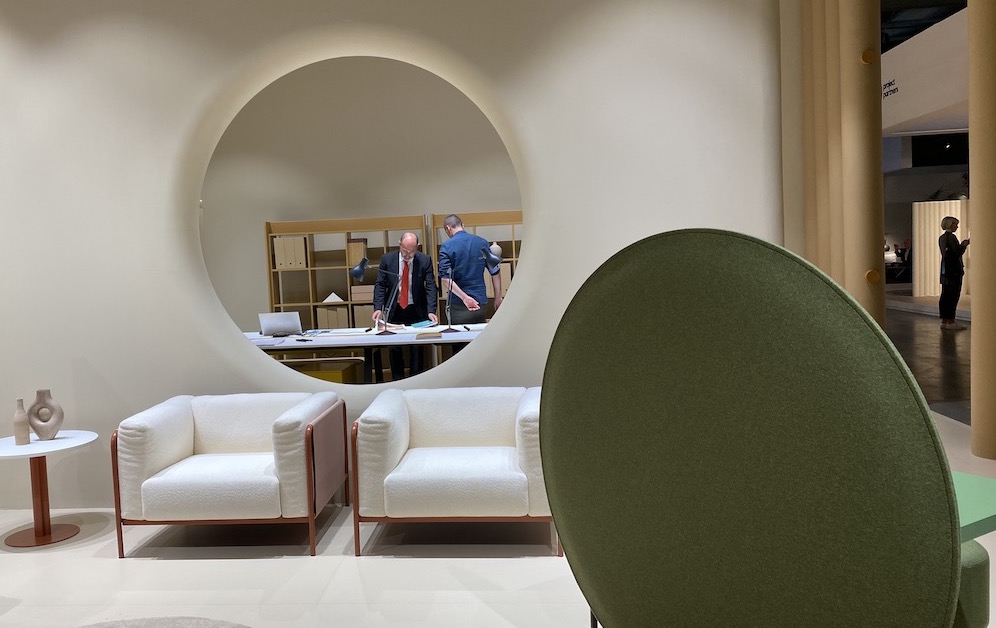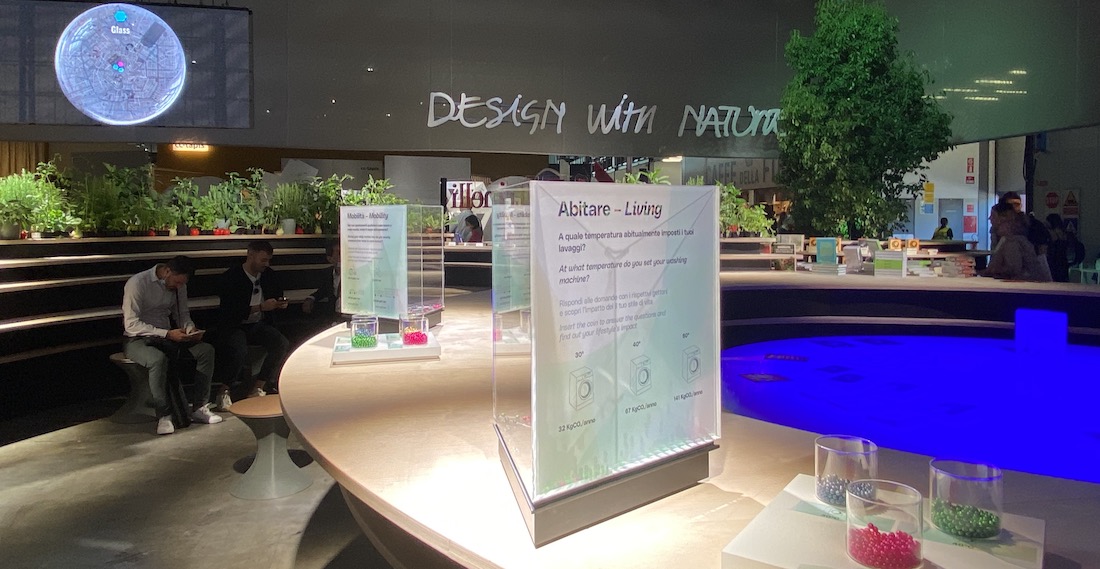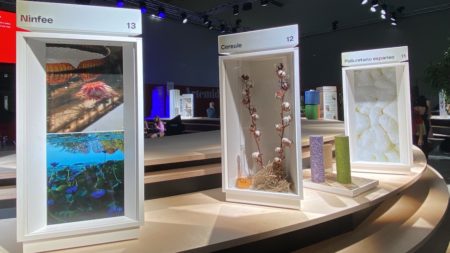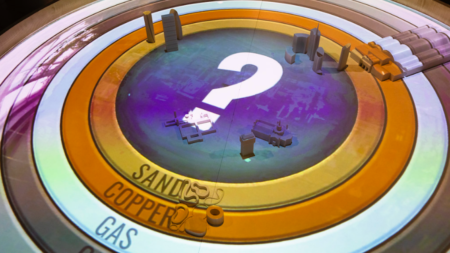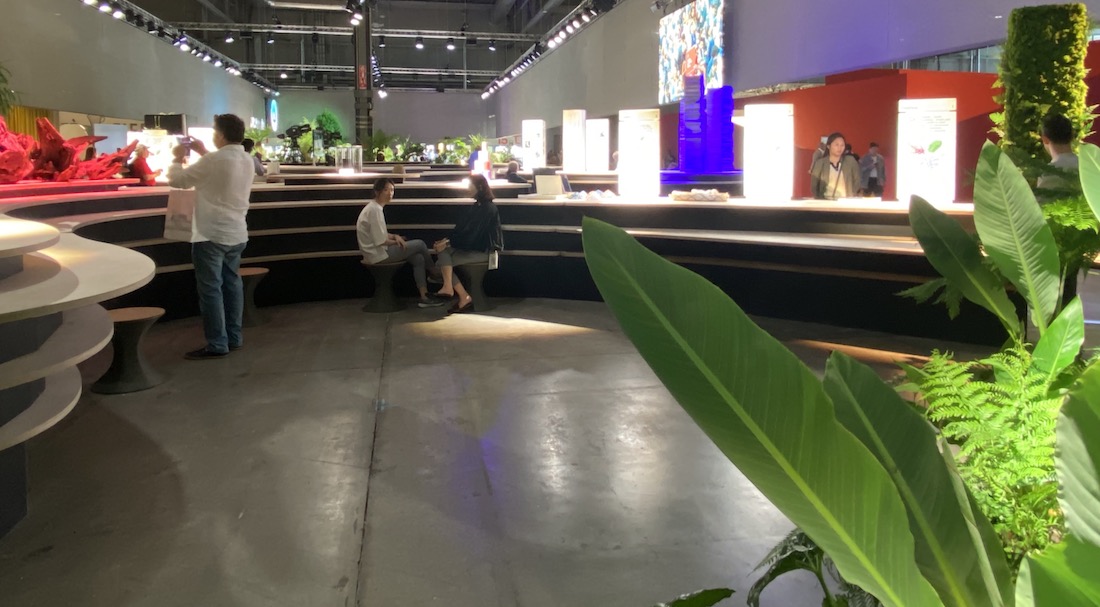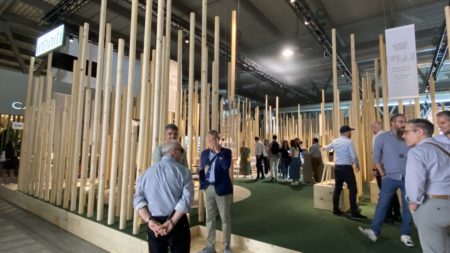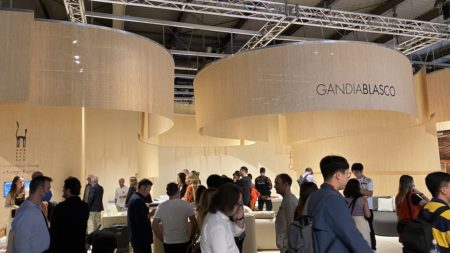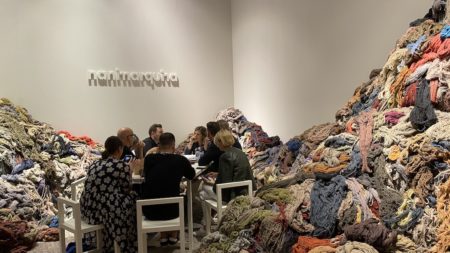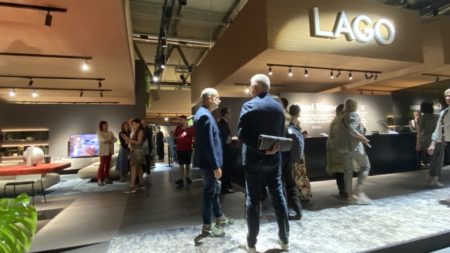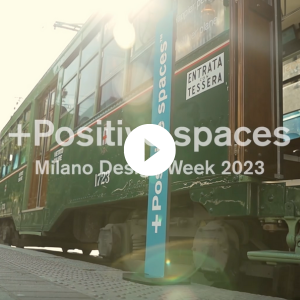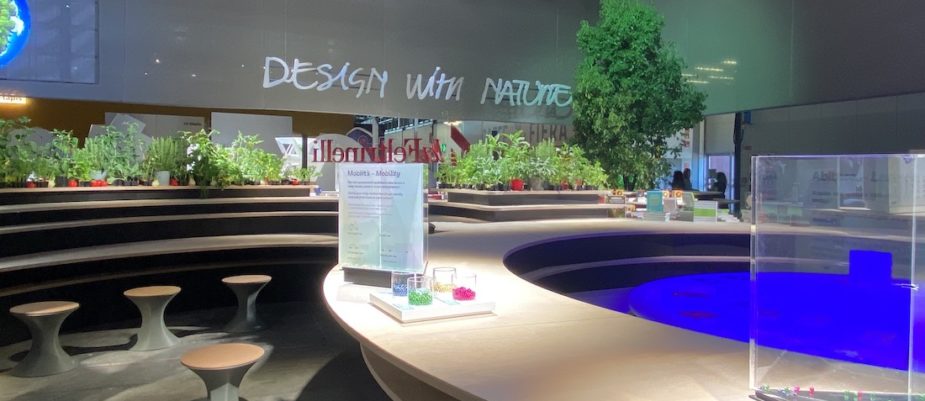
The Salone’s commitment to the sustainable development of the furniture sector was not just green washing: it took shape concretely in Mario Cucinella’s “Design with Nature” project and in other less obvious activities such as start of the process for ISO 20121 (certification for the event sustainability management system) and adhesion to the United Nations Global Compact (initiative for corporate sustainability, which brings together over 15,000 companies from more than 160 countries around the world).
The exhibitors had also been suggested green guidelines for the construction of the stands, which a part of the exhibitors respected with excellent results also from an aesthetic point of view… while others preferred to go back to the pharaonic set-ups of the past.
The appeal to support, apply and promote the values of sustainability in the long term is confirmed as one of the fundamental values that distinguish the 60th Salone del Mobile.Milano.
The installation “Design with Nature” by Mario Cucinella is the core of this new vision of the fair oriented towards the circular economy and for the first time it is not conceived as a “showcase” of products (a sort of prize for exhibiting companies), indeed, there aren’t any products at all. The three main themes are the ecological transition, the house as the first urban piece and the city as a mine.
In its sinuous structure, like a landscape or an ecosystem, it welcomes many plants, benches where you can rest, shelves where you can eat and rediscover sociality (after the success of the Supersalone, the collaboration with Identità Golose is confirmed in offering haute cuisine in the name of sustainability), a library to read up on these issues (in collaboration with Feltrinelli), an arena for meetings.
Cucinella’s project expresses concepts that go far beyond furniture design: it talks about the need to change lifestyles (you can play to evaluate your CO2 footprint in everyday life, analyzing the use of transports or the temperature of the washing machine).
He explains that eco-sustainable solutions are already available on an industrial scale such as biomaterials of organic origin, made with fish scales, cellulose and cork waste, mushrooms mycelium, coffee, banana leaves, etc. Or synthetic materials made from recycled plastic and polyurethane.
What is also surprising is the aesthetic quality of these alternative materials that every designer can try to use for the next projects to help build a more responsible society. The goal of “Design with Nature” is to accelerate awareness and activate virtuous ecological paths in furniture design.
The Salone del Mobile has shown consistency and commitment to work on several levels in this direction, for example by identifying partners and suppliers of recycled and recyclable materials, which can be reused for the creation of common parts or by regenerating the resources used.
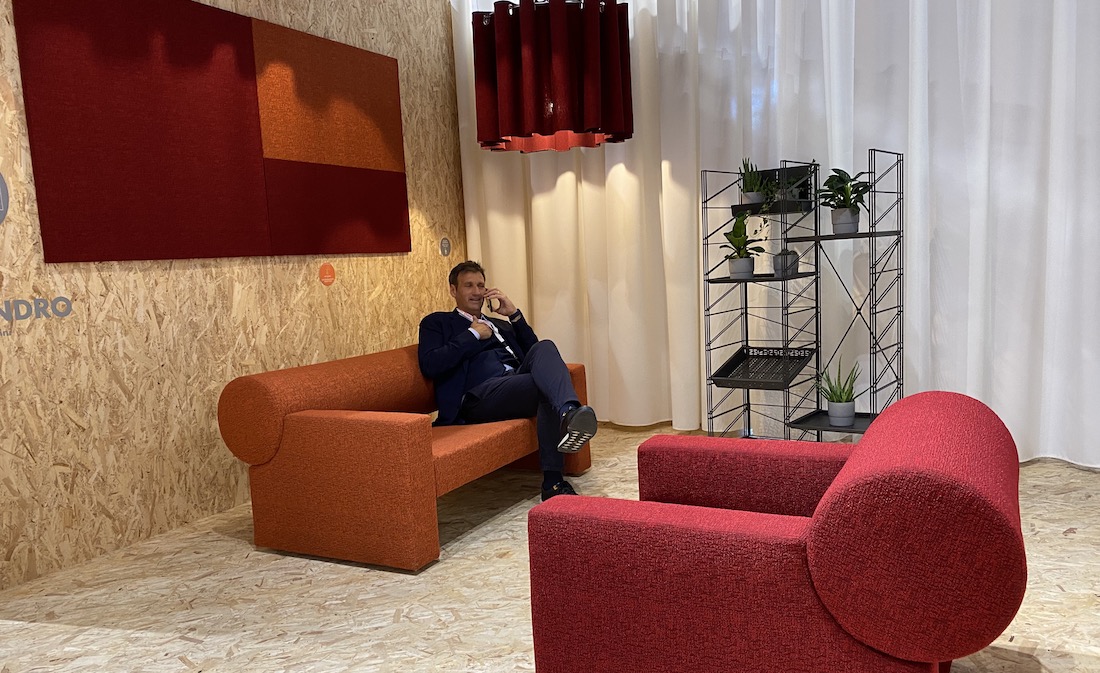
The president Maria Porro shows awareness “We believe that the actions of every company, organization or federation must be guided by a profound sense of responsibility: the future of our planet and of the new generations is in our hands…We must change the paradigm mind, sharing knowledge, continuing to study and develop innovative solutions, aware that what we do today will determine the future of our children “.
The Salone del Mobile 2022 has really done a lot to become not only a fair and a showcase of products, but as a stage for cultural changes, progress and promoter of solutions to help reduce environmental impact.
Unfortunately, not all exhibitors moved on the same wavelength: we saw monumental stands and anachronistic products, especially considering the past two years and the times we are running into …
However, many companies have committed themselves to respecting the eco guidelines for their stands and above all in the implementation of new production systems, in the selection of materials, in the application of criteria based on easy assembly and the possibility of recycling at the end of their life.
The formal quality of the design product makes little sense if it does not respect ESG and “Cradle to Cradle” values, these points are essential for a new renaissance of Made in Italy.
